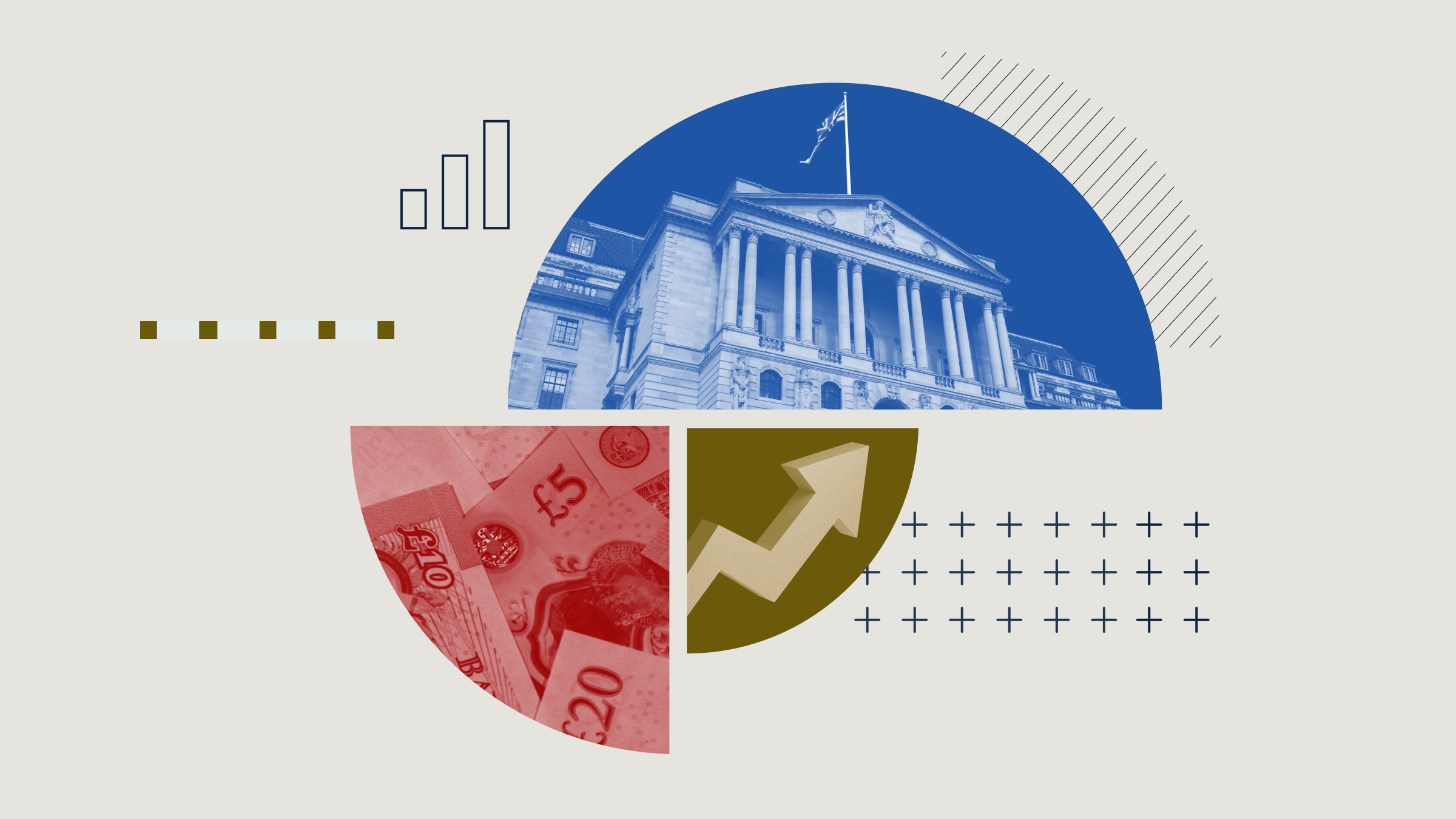A lot of noise has been made recently about the trouble that bond ETFs have been having when it comes to tracking their respective indices. It takes two to create tracking error: an ETF and its index. So, how come all the focus is on the bond ETF? The indices certainly play a part in these deviations and maybe, just maybe, in the end, the index is wrong and not the ETF.
For anyone not familiar with bond indices and how they are constructed and calculated, there are a few things that distinctly set them apart from equity indices. The most important being that, with equity indices, you can generally expect the underlying securities to be liquid. That is, they trade every day, and what that really means is that you have market-driven price discovery for stocks every day. So, calculating the proper value of an equity index is usually a pretty straightforward exercise. You weight the stocks according to the index methodology (market capitalisation being the most common), multiply that by the market-driven price, and sum the results.
Bonds, on the other hand, are not always as liquid as stocks--and there lies the rub. Once you get outside of Treasury securities or the largest of investment-grade issues, the trading volumes in single-issue bonds begin to drop precipitously. It is not uncommon at all for bonds to go days or weeks without transacting. For less-liquid areas of the fixed-income market, such as municipal bonds or junk bonds, the lack of trading is more the rule rather than the exception.
This lack of frequent market trades leads to stale pricing on the individual bonds, and an index with stale-priced underlying holdings is a stale index. Of course, the index providers are aware of this and use all manner of complicated techniques to interpolate more current prices on these bonds. The general term for this estimation approach is matrix pricing.
So, on one hand, we have liquid ETFs that are trading millions of pounds a day, tracking an index that is composed of some "real" prices and some estimated ones. They disagree with each other--creating tracking error. Tracking error can manifest either as premiums and discounts to the net asset value or from performance that deviates from the index performance. Is the index right or is the ETF? An index purist would say that the index is correct and that the ETF has failed to capture the index returns because of bad sampling or poor portfolio management. An efficient-market purist would say that the ETF is right because it is trading every day and the price of the ETF reflects real market-driven sentiment about the value of the holdings.
I am more of an efficient-market guy, so I'll take the ETF in this fight. In fact, I'll go so far as to say that the advent and rise in popularity of fixed-income ETFs has actually exposed just how bad of a job bond indices do when it comes to generating trustworthy prices. Even in the darkest days of October 2008, when the bond market for all practical purposes ceased functioning, ETFs continued to trade and price every second of the day. Of course, because the indices on many bond products couldn't price securities, ETFs appeared to trade at massive premiums or discounts depending on the day. What rational investor can really say in this most extreme of circumstances that the product that continued to trade was the party that was wrong? It is an impossible argument that could only lead you to the conclusion that the bond indices are incorrect, uninvestable, or some combination of the two.
Those of you who think that the ramifications of bond indices being broken are limited to ETFs should think again. At least with a bond ETF you can see the disconnect and decide for yourself. Think about how you purchase a fund. You place your order and you receive shares at the NAV. Remember, that matrix pricing isn't only used for indices--active fixed-income managers likewise need to use matrix pricing to calculate the NAV value of a fund if a holding hasn't traded that day.
Well, what if I'm correct and the matrix pricing models used to price the holdings of your fund don't work as well as everyone has thought over the past several decades? At what price did you really buy or sell that fund, and was it an accurate reflection of the real value being transacted? If you believe that market-driven prices are the only source of "true" price information, then the answer is that you have no idea what the market value of the open-end bond fund is. I often wonder how much money incorrectly transacted hands in October 2008 when people were buying and selling municipal-bond funds and high-yield funds when the ETFs were trading at such severe premiums and discounts.
If the fixed-income indices are wrong or uninvestable then the whole process of benchmarking has to be revisited. Has the deck been stacked against fund managers, both active and passive, for decades by being compared with a group of yardsticks that provide a valid comparison in theory only?
We think that the fixed-income indices have done the best they can given the realities of the liquidity of many fixed-income issues. In our opinion, all the jumping up and down about what's wrong with bond ETFs is misdirected. The real questions should be posed to the indices that they track and whether or not the long established practice of using matrix pricing has met its match when compared with the market-derived price discovery offered by ETFs. For us, when it comes to comparing investing alternatives, we choose to look at the products that are actually investable.






















